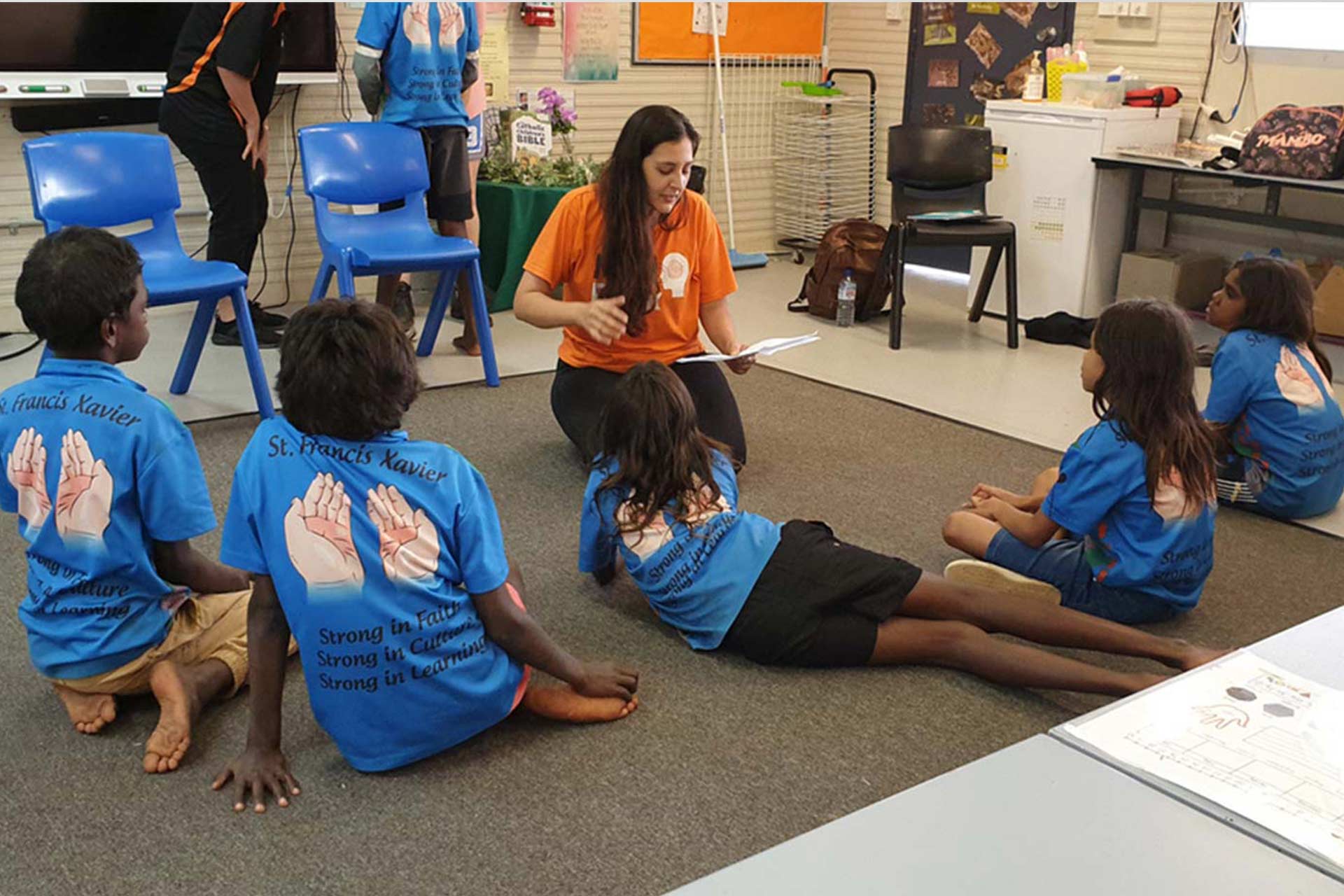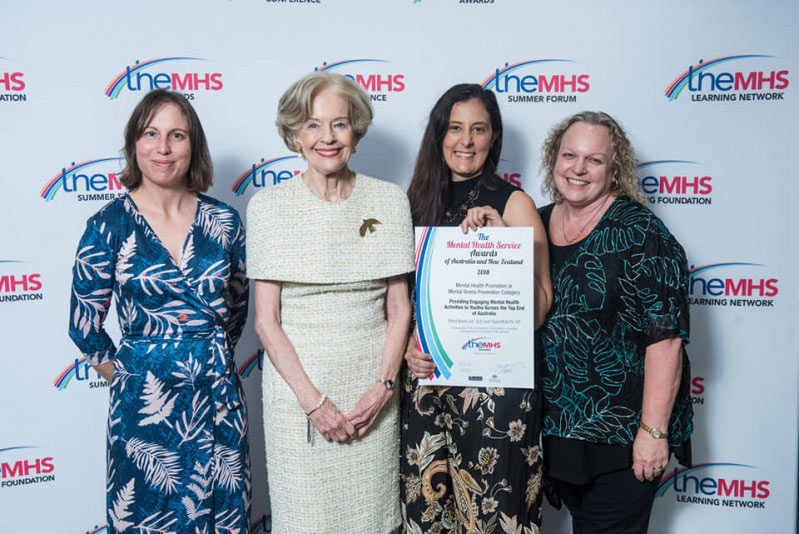Blog
The Importance of Early intervention and Prevention
Statistics show that 42% of people aged 16-85 years has experienced a mental disorder at some time in their life. More than two in five Australians experience a mental health issue in their
Understanding Depression: Signs, Symptoms and How to Help
Depression is more common than many people realise. It’s not just about feeling sad after a bad day — it’s a persistent condition that can make everyday tasks feel overwhelming and life feel
How to build a positive body image and support your mental health
Body image plays a significant role in how we see ourselves and others. However, instead of focusing on unrealistic standards set by society and media, it’s essential to celebrate who we are beyond
Understanding and managing anxiety in the workplace
Anxiety is more common than you might think. Chances are, either you or someone you know has dealt with anxiety. Given that we spend a significant portion of our time at work, it’s
How to build resilience in your team
We’re often asked about wellbeing and resilience. Here’s the thing, resilience isn’t a trait you’re born with. It’s a skill you can learn. What is resilience? Resilience is the ability to cope

Why Mental Health Matters: Building a Happier and More Productive Workplace
At Mind Blank, we recently hosted a showcase for potential workplace partners called Mental Health Wellness @ Work. This interactive workshop emphasised the importance of wellbeing at work and demonstrated our unique method

Aboriginal & Torres Strait Islander
First Nations inequality is still indicated as having significant gaps in all areas, including health (Wright, P., & Lewis, P., 2017 ). Mental health, appalling living conditions, and past traumas have led to high

Mental Health Service Award
The Mind Blank charity openly seeks out a collaborative approach to expand service offerings and help empower communities in need. Â An example of a community collaboration in application can be seen in with

Program Evaluation
Why Mind Blank? Theatre use in an educational setting can help students to open up and engage in discussions about their shared experiences and help promote positive change. The interactive nature of Mind

